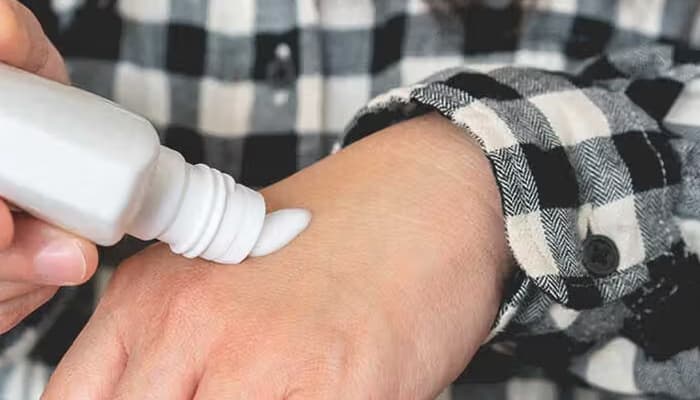
When most people think about dehydration, the first thing that comes to mind is feeling very thirsty. But here’s the truth: by the time your body signals thirst, you’re often already mildly dehydrated. Water isn’t just a refreshing drink—it plays a critical role in every system of your body, from circulation and digestion to brain function and joint health. The tricky part? Dehydration doesn’t always show up as a dry mouth or parched throat. Sometimes, the signs are subtle, sneaky, and easy to overlook in the hustle of everyday life.
Let’s explore eight surprising ways your body might be telling you it’s running low on fluids—and what you can do about it.
1. Persistent Fatigue and Low Energy

Do you feel like you’re dragging through the day, even after a good night’s sleep? One common culprit is dehydration. Water is vital for carrying nutrients and oxygen to your cells. When you’re low on fluids, your body works harder to keep things running, leaving you with that drained, sluggish feeling. Before reaching for another cup of coffee, try sipping a glass of water—you might notice your energy bounce back more than you expect.
2. Brain Fog and Trouble Concentrating
Your brain is about 75% water, so even mild dehydration can affect mental performance. Studies show that dehydration can reduce focus, slow reaction times, and impair memory. If you’ve been feeling forgetful or unable to concentrate during meetings, it might not be stress or lack of sleep—it could simply be your brain asking for hydration.
3. Frequent Headaches
That afternoon headache you keep blaming on screen time might actually be linked to dehydration. When your body doesn’t have enough water, it can cause your brain tissue to contract slightly, triggering pain receptors. Instead of popping painkillers right away, try drinking a glass or two of water. You might be surprised at how quickly the discomfort eases.
4. Dry Skin That Doesn’t Improve With Lotion

If your skin feels flaky, itchy, or dull despite using moisturizer, dehydration might be the hidden issue. Skin is your largest organ, and it needs hydration from the inside out to stay plump and healthy. External creams can only do so much—your body also needs adequate water intake to maintain elasticity and glow.
5. Digestive Problems

Water plays a starring role in digestion. Without enough fluids, your body struggles to produce the necessary saliva and stomach secretions that help break down food. This can lead to constipation, bloating, or even heartburn. If you’ve been experiencing gut discomfort, check your water intake before rushing to change your diet.
6. Dark or Infrequent Urination
This is one of the simplest indicators of dehydration. Healthy urine should be pale yellow—if it’s consistently dark, that’s a sign your body is conserving water. Likewise, going to the bathroom far less often than usual could mean you’re not drinking enough. It’s your body’s way of waving a red flag.
7. Muscle Cramps and Joint Stiffness
Ever wonder why your muscles cramp during workouts or why your joints feel stiff in the morning? Dehydration could be part of the problem. Fluids help transport electrolytes like sodium and potassium, which are essential for muscle function. Water also cushions your joints. Without enough, you’re more prone to cramps, aches, and stiffness.
8. Bad Breath and a Sticky Mouth

Saliva isn’t just for chewing—it also helps keep your mouth clean by washing away bacteria. When you’re dehydrated, saliva production drops, leading to that unpleasant dry, sticky feeling and even foul breath. If gum or mints aren’t solving the problem, a glass of water might.
How to Stay Properly Hydrated

The good news is that dehydration is easy to fix. While the “eight glasses a day” rule is a decent guideline, your exact needs depend on factors like activity level, climate, and overall health. A better approach is to listen to your body: check the color of your urine, keep water nearby throughout the day, and remember that foods like fruits and vegetables also contribute to hydration.
Also, be mindful of drinks that can dehydrate you—like coffee, soda, and alcohol. They don’t have to be completely off-limits, but balancing them with water is key.
Final Thoughts
Dehydration isn’t always obvious, but your body gives you clues if you know what to look for. Fatigue, brain fog, dry skin, and even bad breath can all be your body’s way of asking for more fluids. By paying attention to these subtle signs and making hydration a daily priority, you can boost your energy, improve your focus, support digestion, and keep your body functioning at its best.
So the next time you feel “off,” don’t just push through—pause, grab a glass of water, and see how much better you feel.
